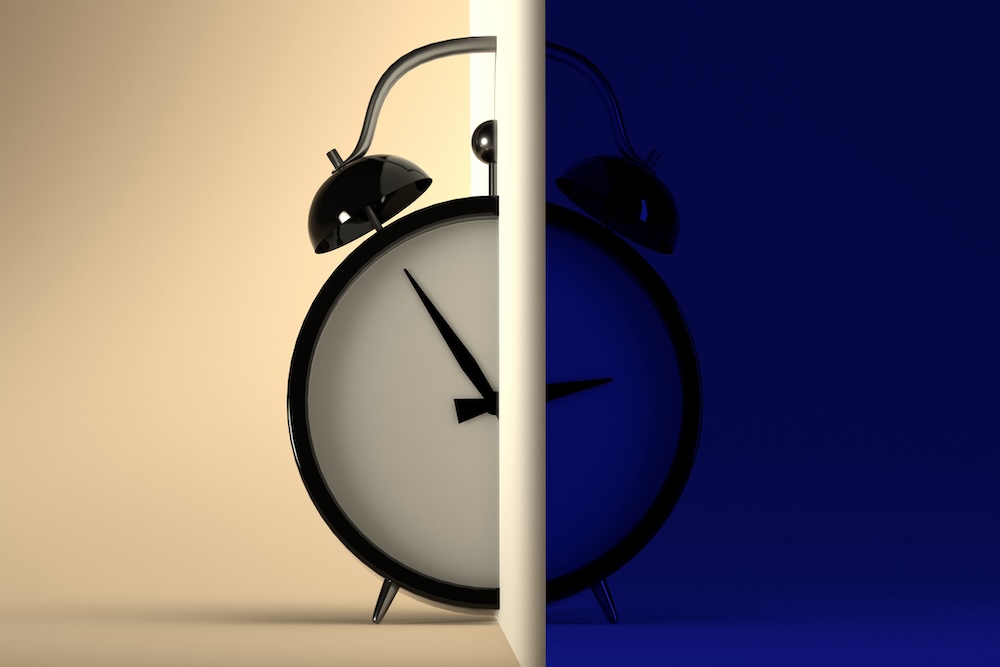Media Coverage
The work done by Northwestern University Feinberg School of Medicine faculty members (and even some students) is regularly highlighted in newspapers, online media outlets and more. Below you’ll find links to articles and videos of Feinberg in the news.
-
WTTW News
–
FDA Announces Plans to Ban Menthol Cigarettes, Flavored Cigars
Dr. Clyde Yancy, chief of cardiology of Northwestern’s Department of Medicine, said the ban is the first step in a larger initiative. “The goal really is to reduce the burden of tobacco in communities that are quite vulnerable, that are at risk and that have already suffered a disproportionate burden due to their exposure to tobacco,” said Yancy, who is also the vice dean of diversity and inclusion at Northwestern.
-
Chicago Tribune
–
‘Vaccine field trips’ and school shot events are among ideas for getting more Chicago students and their families inoculated
Delivering vaccines directly to students and their families at neighborhood schools will also bolster the public health goal of reaching members of underserved communities who are vaccine hesitant or have had trouble securing the shots from other providers, said Dr. Robert Murphy, executive director of the Institute for Global Health at Northwestern University Feinberg School of Medicine. “Opening up schools as vaccine sites is a great idea, especially when we need to try to get eligible students vaccinated by the fall,” Murphy said.
-
Scientific American
–
‘Cave Syndrome’ Keeps the Vaccinated in Social Isolation
Emerging into the light after a year locked inside is proving to be a difficult transition for some people. Jacqueline Gollan, a professor of psychiatry and behavioral sciences at Northwestern University, says adjusting to the new normal, whatever it may be, is going to take time… “Even though a person may be vaccinated, they still may find it difficult to let go of that fear because they’re overestimating the risk and probability.”
-
The Wall Street Journal
–
The Pandemic Prompted Them to Return Home—Now They’re Staying
Going home comes from “a need to seek ways to optimize certainty during an uncertain time. The goal is to obtain safety and security,” says Jacqueline K. Gollan, professor of psychiatry and behavioral science at Northwestern Medicine in Chicago. Moving home is a coping mechanism provoked by a biological reaction to the uncertainty of the pandemic—a reaction to the activation of the sympathetic nervous system and the subsequent release of stress hormones.
-
Fox News
–
Remote learning during coronavirus caused stress, anxiety in students, survey finds
“Caregivers are reporting that the pandemic and school closures have taken a substantial emotional toll on their children and adolescents,” said lead author Tali Raviv, Ph.D., a clinical psychologist at Ann & Robert H. Lurie Children’s Hospital of Chicago Center for Childhood Resilience and Associate Professor of Psychiatry and Behavioral Sciences at Northwestern University Feinberg School of Medicine, in a statement.
-
U.S. News & World Report
–
AHA News: Take Stock of Your Health With This Post-Lockdown Checklist
“Because we’ve been less active in many cases and because our eating patterns have been less healthy, those things definitely could have gotten out of whack,” said Dr. Donald Lloyd-Jones, a cardiologist, epidemiologist and chair of preventive medicine at Northwestern University Feinberg School of Medicine in Chicago. “Unless you get with your doctor and measure them carefully, you won’t know your numbers, and you won’t know what you need to address.”
-
Fox 32 Chicago
–
CDC expected to relax guidance on wearing masks outdoors
“If we are vaccinated, going outside and wearing a mask will be fine and I am sure that’s what we will hear from the CDC,” said Dr. Jeffrey Kopin of Northwestern Medicine Lake Forest Hospital. The CDC is also reporting that 5-million Americans did not get their second dose of the vaccine. Speculation shows some people didn’t think they needed it, while others feared side effects.
-
Chicago Tribune
–
Several Chicago hospitals earn low marks for quality, safety in new reports, while Rush University Medical Center shines
University of Chicago Medical Center scored its 19th consecutive A grade from Leapfrog, something achieved by only three other hospitals in the state, including Elmhurst Hospital, Northwestern Medicine Central DuPage Hospital in Winfield and OSF St. Mary Medical Center in Galesburg.
-
TIME
–
CDC Says Vaccinated Americans (Mostly) Don’t Need to Wear Masks Outside
“The timing is right because we now have a fair amount of data about the scenarios where transmission occurs,” said Mercedes Carnethon, a professor and vice chair of preventive medicine at Northwestern University’s Feinberg School of Medicine in Chicago. What’s more, she said, “the additional freedoms may serve as a motivator” for people to get vaccinated.
-
Chicago Tribune
–
Untreated traumas in arrested juveniles linger 15 years past incarceration, Northwestern study finds
“We’ve been studying incarcerated populations for 40 years,” said Linda Teplin, the Northwestern project’s principal investigator and the moderator at the April 15 Zoom event. “These kids enter with a lot of psychiatric problems, and they continue because they never receive adequate treatment. And the blame is not just on the juvenile justice system, but these kids don’t get treatment when they go back to their communities.”






